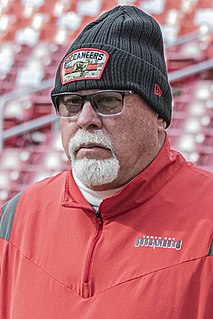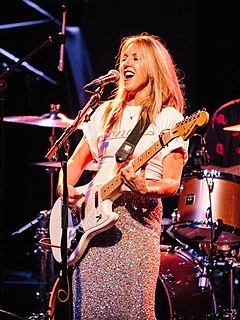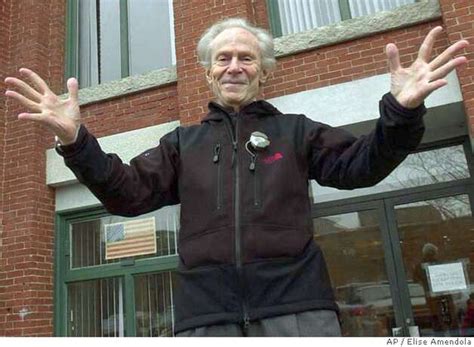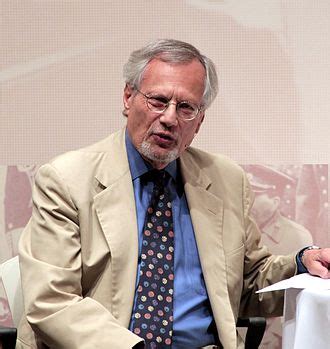A Quote by Bruce Arians
My family moved to York, Pa., when I was eight. As a kid I spent virtually all of my free time at Memorial Park, which was just down the street from my house on Springdale Avenue in our blue-collar neighborhood.
Related Quotes
When I first moved out to L.A. to be an actor, this family knew that I was a pretty big athlete back in Texas, and they said, 'You can live in our house for free if you coach our kid in football, basketball, and lacrosse.' So I was coaching all these sports teams, and I got to live at this house in Bel Air - this nine-acre estate - for free.
Where's our Paul Newmans? Where's our Robert Redfords? We've got Jason Statham, who is great... blue collar and cool, which is fantastic. And we've got Hugh Grant, which is great. But where's this crossover, this blue collar guy who is cool? Where is our James Dean? Where is our John Travolta and Steve McQueen?
Any Black person in amerika [sic], if they are being honest with themselves, have got to come to the conclusion that they don't know what it feels like to be free. We aren't free politically, economically, or socially. We have very little power over what happens in our lives. In fact, a Black person isn't free to walk down the street. Walk down the wrong street, in the wrong neighborhood at night, and you know what happens.
I had relatives in New York City who I stayed with. And in those days, the area from Union Square down Fourth Avenue had small bookstores, many of which were run by Spanish immigrants who'd fled after [Francisco] Franco's victory. I spent time in them, and also in the offices of Freie Arbeiter Stimme (Free Worker's Voice) with anarchists. I picked up a lot of material and talked to people, and it became a major influence.
I have a responsibility to the worker, both blue-collar and white-collar. I have an equal responsibility to the community. It would have been unconscionable to put 3,000 people on the streets and deliver a deathblow to the cities of Lawrence and Methuen. Maybe on paper our company is worthless to Wall Street, but I can tell you it's worth more.
If you have an all-white neighborhood you don't call it a segregated neighborhood. But you call an all-black neighborhood a segregated neighborhood. And why? Because the segregated neighborhood is the one that's controlled by the ou - from the outside by others, but a separate neighborhood is a neighborhood that is independent, it's equal, it can do - it can stand on its own two feet, such as the neighborhood. It's an independent, free neighborhood, free community.






































